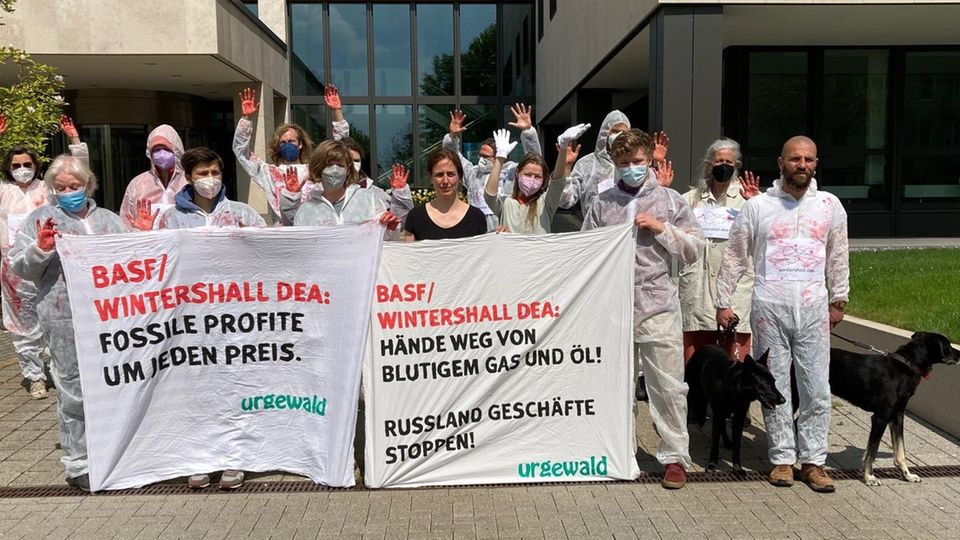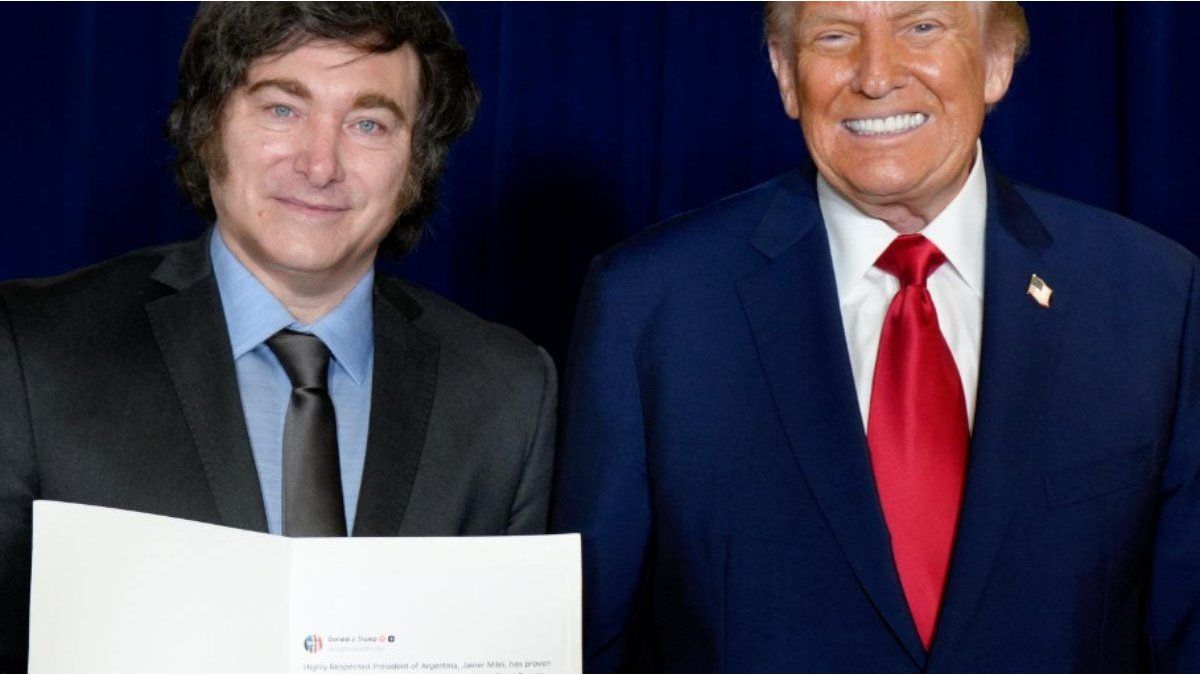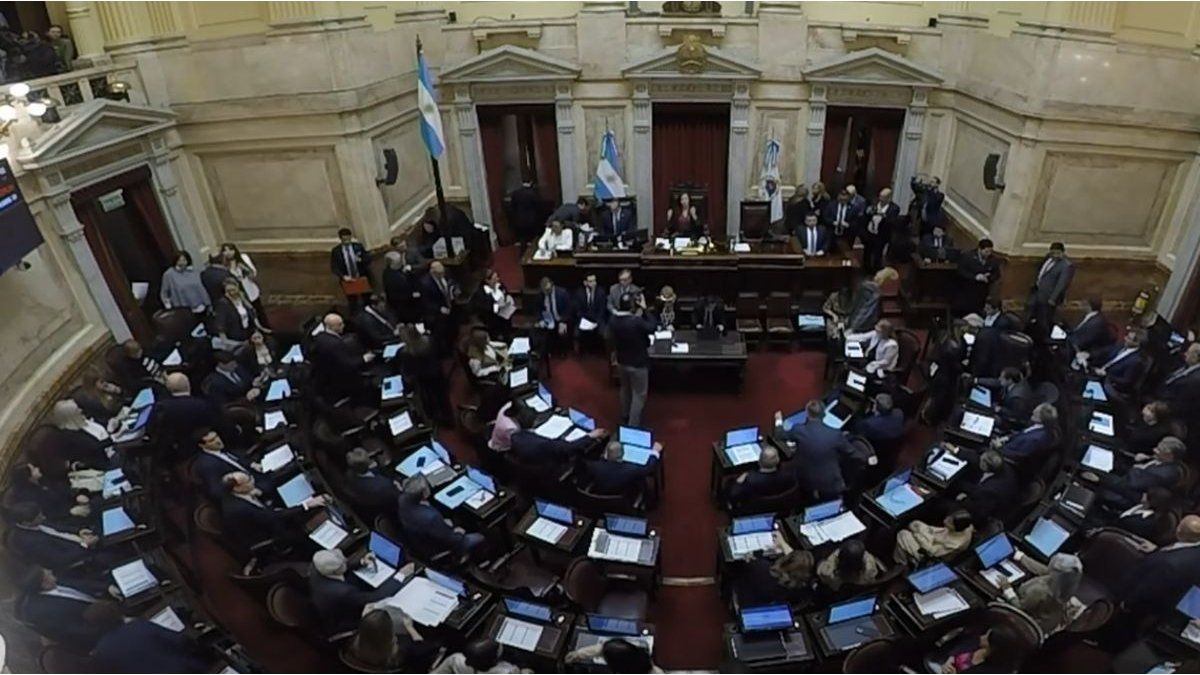Russian energy exports to Germany are declining. Nevertheless, the energy company Wintershall Dea benefits immensely, as a report by the environmental organization Global Witness now shows.
Showing solidarity with Ukraine is considered good form these days. Also in industry. But the fact that energy companies like Wintershall Dea, a subsidiary of the chemical giant BASF, express compassion and solidarity on their company website seems rather hypocritical. And the fact that the company is calling on Russia to end the war of aggression immediately and calling on employees and company representatives in a joint statement “to immediately stop hostilities” is not without a certain absurdity.
Because according to a recent report by the British environmental organization Global Witness, which dem star is available, the energy company has benefited massively from Russian energy supplies this year. The report shows that Wintershall Dea has transported more than 28 million cubic meters of Russian gas with a market value of more than 14 billion euros to and through Germany since the beginning of 2022 – at a great expense to the environment, as the organization criticizes. In addition, the group is said to have earned 400 million euros between January and March through gas and oil production in Russia. This means that profits have quintupled compared to the previous year, according to the statement.
At the beginning of March, the parent company BASF announced that it wanted to massively reduce its business with Belarus and Russia. BASF is one of the companies in Germany with the highest gas consumption. According to their own statements, this amounts to 20 million tons per year. However, the company does not cover its needs directly with Russian resources, but buys them from Western European suppliers – who in turn buy in Russia.
The subsidiary Wintershall Dea also announced shortly thereafter that it would no longer enter into any additional energy projects with Russian partners. The company also initially stuck to its cooperation with Gazprom until the board decided to write off at least the financing of Nord Stream 2. The project should cost one billion euros. However, the company is sticking to its long-standing cooperation with Gazprom.
Criticism from environmental organizations – denials from corporations
Environmental representatives described the cooperation as “absolutely irresponsible”, not only because it would finance Putin’s war in Ukraine. “BASF and Wintershall Dea are heating up the climate crisis,” criticized the Federal Managing Director of German Environmental Aid (DUH), Sascha Müller-Kraenner, in a statement to the star. The energy company defended its course to the environmental organizations. The gas supply in Europe must be secured, and one is also obliged to the employees, according to the reasoning.

Wintershall Dea is 72 percent owned by the chemical company BASF. The remaining shares are held by the investment company LetterOne, which is known for its close ties to Russian oligarchs. “Bloomberg” recently reported that BASF was planning to sell the Russian branch of Wintershall Dea to LetterOne. The latter denied this message star-Inquiry. BASF was more reserved. A spokeswoman asked “for your understanding that we are dealing with rumors and speculation (regarding the “Bloomberg” report, Note d. editor) do not comment.” However, in a written response, the company spokeswoman emphasized that the company is sticking to its strategic decision to exit the oil and gas business.
A spokesman for the subsidiary also defended further cooperation: “A complete exit from all ongoing activities in Russia would be a very far-reaching decision with enormous consequences.” The company bears responsibility for its employees and the energy supply. If the company withdrew from the existing projects in Russia, “assets in the billions would fall to the Russian state.” Wintershall is not the only company currently in a dilemma for which, according to the company spokeswoman, there is currently no solution. The company denies any profit from the Ukraine war. On the contrary, the conflict led to a depreciation of around 1.5 billion euros. Wintershall Dea suffered a net loss of one billion euros in the first quarter of the year.
Wintershall Dea wants to continue digging in the North Sea
However, the planned expansion of oil production on the Mittelplate platform in Wattenmehr in Schleswig-Holstein is likely to be based on calculations. The company had already applied for the project to the Schleswig-Holstein government two years ago. According to information from “Spiegel” it is about funding rights for the next 50 years. Due to environmental concerns, the project initially fizzled out – but became attractive even for the Greens because of the Ukraine war.
“Substantial investments of more than 100 million euros are necessary for the proposed development of the southern part of the deposit from the existing Mittelplate. If the approval process is completed quickly this year, additional oil production could start from 2025 Produce another two million tons of oil in Schleswig-Holstein in 2041,” said a company spokesman star-Inquiry.
From the company’s point of view, the expanded oil production makes an “important economic contribution”. More than 1000 jobs could be secured in this way. And: “Every tonne of oil that is produced in Germany in compliance with the highest safety and environmental protection standards contributes to reducing Germany’s dependence on imports.” Schleswig-Holstein’s State Secretary for the Environment, Tobias Goldschmidt, welcomed the project. on star– In response to the war in Ukraine, he said he was convinced that every opportunity to reduce dependence on Russia would be exhausted. We still need oil and must be ready to talk about expanded production opportunities here too.”
Criticism comes again from the environmental groups. DUH Managing Director Müller-Kreanner described the planned oil drilling as a “disaster for climate protection and a threat to the unique ecosystem of the Wadden Sea”. The war and the security of supply should not be used as an argument given the “low” expected production volumes. The organization announced that it would examine legal action against the project if Wintershall Dea did not withdraw the application.
Source: Stern
Jane Stock is a technology author, who has written for 24 Hours World. She writes about the latest in technology news and trends, and is always on the lookout for new and innovative ways to improve his audience’s experience.




